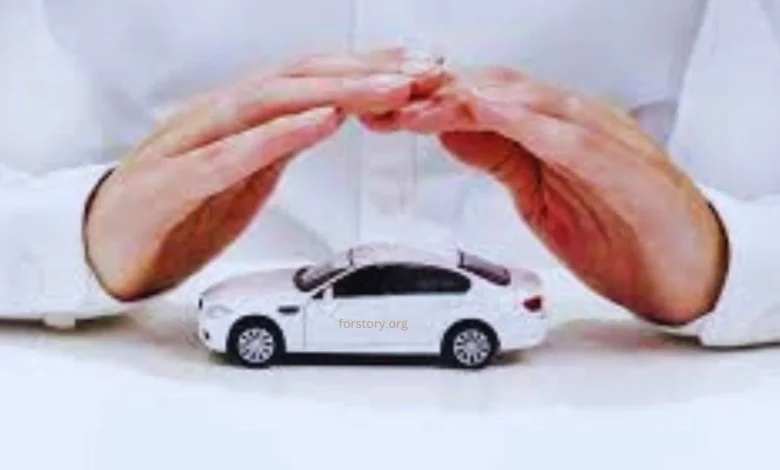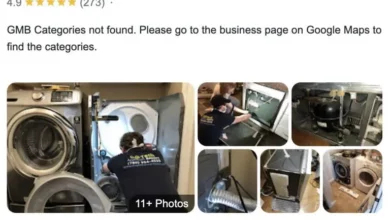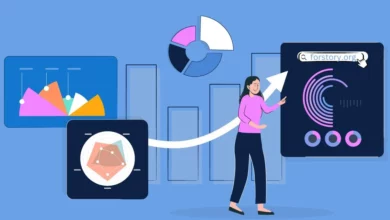7 Things to Know About Car Insurance Cancellation!

Compulsory third-party insurance, also known as a “Green slip” in NSW, provides financial assistance to a third party if they suffer injuries or mortality due to being in a road accident involving you as an at-fault driver. While this mandatory insurance provides a way to compensate victims of a car collision, it doesn’t cover your vehicle loss or damage. It is precisely why many car owners in NSW look for additional vehicle insurance policies.
There are three car insurance policies most vehicle insurers offer – third-party property damage (covers only third-party vehicles and property damage), third-party fire and theft (covers the former policy benefits plus your vehicle’s repair/replacement costs in case of fire, theft/attempted theft events), comprehensive car insurance (all benefits of previously mentioned policies included plus coverage of your car for collisions, vandalism and extreme weather events).
While new car owners look forward to buying the perfect car insurance in NSW, others already having a policy may look for economical car insurance alternatives year after year. If you have a policy but bump into a plan with better benefits at reasonable costs, you may consider switching your insurer. However, learn the cancellation procedure initially. This article explains the most common things about canceling a vehicle insurance policy.
1.When can I cancel my policy?
You can cancel your vehicle insurance policy anytime unless you are in the middle of a claims situation. Learn about the cancellation procedure from your insurer.
2.How can I cancel my policy?
Reach out to your insurer on their customer care number, log in to your account on their website, or send out a mail to their customer service so they can guide you on the cancellation steps.
3.Can I cancel my policy before the cooling-off period?
Yes, you can do that with both new policies and renewals. You can get a full refund of your premiums provided you haven’t made any claims during the cooling-off period. So, getting the money back is pretty straightforward, even if you change your mind.
4.Do I have to pay cancellation or other fees?
If you cancel before the cooling-off period, you may not need to pay a cancellation fee unless you have made any claims. Also, if you choose not to renew your policy for the coming year, your insurer may not charge a fee for cancellation.
In other cases, cancellation, policy administration, and associated government charges may be applicable.
5.What happens when I want to cancel my policy post cooling-off period?
An insurer can refund your unused premiums if you have made an annual payment (subtract applicable charges). However, suppose you have been paying in fortnightly/monthly installments. In that case, the insurer can do the necessary math and offer you a refund (after deduction of a cancellation fee, admin, and govt charges) or ask you to pay any dues you might be owing them.
6.Should I cancel my policy if I buy a new car?
If you are purchasing a replacement car, you can quickly transfer your current policy to your new ride in a few clicks online. So, you need not cancel your current policy when selling your car and instead buy cover for your new vehicle from the same insurer.
7.Can I cancel my policy after a successful claim?
Yes, you can cancel your policy after you have claimed with your insurer.
You can cancel your policy in four quick steps. Research car insurance policies, request and compare quotes, buy a new policy, and cancel your old policy. With the hassle-free online services most insurers provide, purchasing or swapping car insurance NSW is easy. Comprehensive car insurance can offer significant umbrella cover to your vehicle. Even so, assess your vehicle needs and affordability before you cancel your current policy and sign up for a new car insurance plan.
Visit For More Articles on : forstory.org




